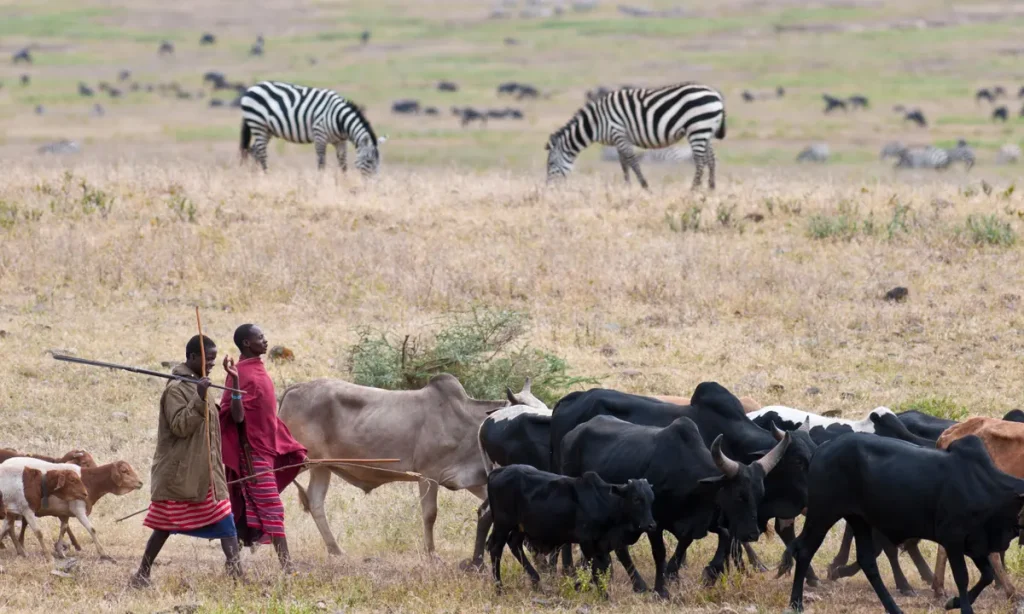The European Union Commission has stopped a planned €18.4 million ($19.76 million) grant to Tanzania due to concerns about human rights violations.
The decision is linked to the ongoing evictions of the Maasai people from the Ngorongoro and Loliondo areas to make room for more conservation tourism.
The World Bank has also cut funding for Tanzania’s wildlife conservation programmes for the same reasons.
On June 5, the EU Commission cancelled Tanzania’s eligibility for the €18.4 million grant, originally intended to be shared with Kenya.
As a result, only Kenya will receive the grant, with added conditions to ensure Indigenous communities’ rights are respected.
Earlier, in April, the World Bank suspended a $150 million project in southern Tanzania over similar human rights abuse allegations related to evictions.

The EU Commission removed Tanzania from its NaturAfrica programme, now focusing solely on Kenyan projects.
This decision came after widespread criticism over Tanzania’s treatment of the Maasai, despite government claims that the evictions are legal under Tanzanian law.
The NaturAfrica programme aims to protect biodiversity while promoting community involvement and economic development. Proposals must follow a human rights-based approach, ensuring inclusive governance and gender equality.
Local and international organisations, including the Maasai International Solidarity Alliance and Survival International, praised the EU’s decision, seeing it as a strong message against the victimisation of local communities in conservation efforts.
They criticised the current conservation model in East Africa, which they say often involves the displacement of Indigenous people for tourism and trophy hunting.
Despite the funding cuts, Tanzania claims the suspended projects will continue, as most funds have already been disbursed. Tourism remains a key economic driver for Tanzania, showing significant growth and revenue increases in recent years.


